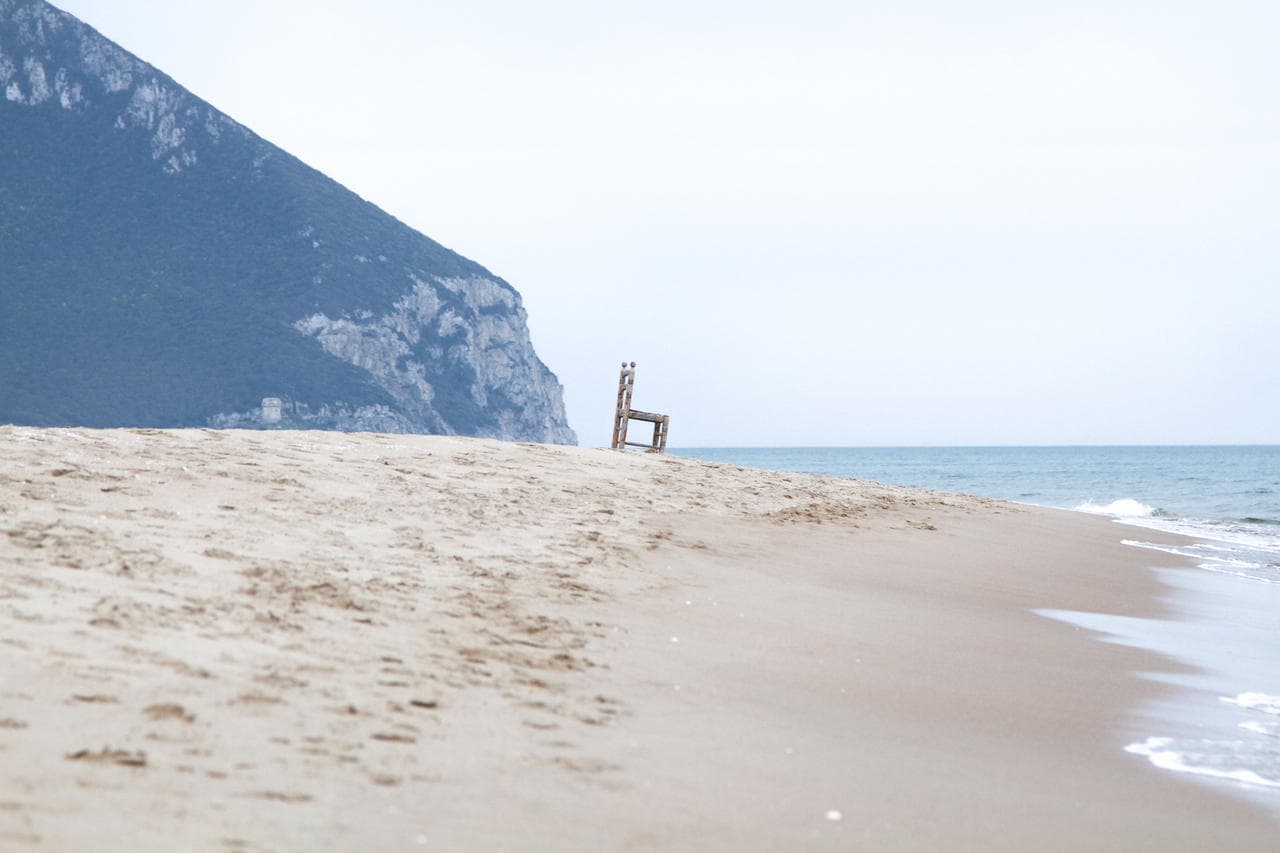One of the things I’ve noticed about Buddhism is that it doesn’t offer answers to big questions. It makes it an odd way to do religion; after all, isn’t religion about answering the big questions?
Whereas other religions strut around claiming there is a truth and they have it. Why are we here? Why is the cosmos the way it is and not some other way? What is our purpose? You know, the whole Ultimate Truth / Truth with a Capital ‘T’ thing. Buddhism remains notably silent on such questions and certainties. When the Buddha was asked if a god existed or didn’t, he gave no reply.
When we ask questions like ‘Why are we here?’, ‘What’s our purpose?‘ We’re asking after an essence about our existence. We seek answers that end all questions, certainty, security, what I call the ‘Last Word Mentality‘, a a closure—a path of tidying up those loose ends.
Abundance of knowledge does not teach men to be wise. ( Much learning does not teach understanding.)
Heraclitus
Yet Buddhists see this quest as futile, even harmful. It points out that all efforts towards an ultimate bedrock of truth lead to failure. The claims are circular, an infinite regress, or rest on the axioms we create.
Worse still, such a quest is purely self-serving; it’s not a quest for truth but more of finding insecurity and emotion, our Nesting Instinct you might say. If you’re asking these questions, you’re demanding answers from a cosmos without obligation to provide them. Your ego calls the shots here, believing the world has to make sense, insecurity and neediness have take over. It’s here the Buddhist ideas of attachments and suffering play a role.
Buddhism sees this grasping for certainty as a driver of our suffering. If you’re so desperate for answers that you can’t live without them, your attachment towards those answers will leave you frustrated; that is suffering or Dukkha.
It can be found in the Parable of the Poisoned Arrow. Thich Nhat Hanh describes it as such.
The Buddha always told his disciples not to waste their time and energy in metaphysical speculation. Whenever he was asked a metaphysical question, he remained silent. Instead, he directed his disciples toward practical efforts. Questioned one day about the problem of the infinity of the world, the Buddha said, “Whether the world is finite or infinite, limited or unlimited, the problem of your liberation remains the same.” Another time he said, “Suppose a man is struck by a poisoned arrow and the doctor wishes to take out the arrow immediately. Suppose the man does not want the arrow removed until he knows who shot it, his age, his parents, and why he shot it. What would happen? If he were to wait until all these questions have been answered, the man might die first.” Life is so short. It must not be spent in endless metaphysical speculation that does not bring us any closer to the truth.
Buddhism is a remedial religion, a rescue mission; a psychology for people who over-philosophise, overthink and over-attach. We can get caught up in the labyrinth of our thoughts and fears. In this light, Buddhism can be seen as emancipating the mind of its fetters, freeing us from attachments, illusions and falsehoods that drive our suffering. Accepting Emptiness and uncertainty (there is no explainable ultimate truth) gives us the freedom to let go and surrender to what is going on, the reality we face. We can avoid the traps of both Eternalism (definitive meaning and truth) and Nihilism (absence of truth and meaning) and chart the middle path between them.
It’s not to find a bedrock of truth about the cosmos but practical truths that liberate us from suffering. When we see and accept that all things are impermanent, that the ego is illusory, that truth is inexplicable, that knowledge liberates us. Once freed, we don’t have to bother ourselves with ideas on metaphysics or ultimate truth and have to prove them.
No one carries baggage they don’t need, yet the Western philosophical and theological traditions keep chasing after their tails, trying to pin down reality and existence. Buddhism is not about supernatural insight or wisdom but about working with reality, the mind as it is.
Buddhists don’t bother wasting time trying to solve the unsolvable. Free of the burden of certainty, we can let go of our desperate need for answers. Refrain from trying to find security in a world without obligation to provide it, and accept There is no secret ingredient to life.
Over the years of philosophy and striving for answers, I have come to see this is what liberation is about letting go of inconsequential problems. Questions like, ‘Why are we here? What’s the ultimate purpose of existence? Why is the cosmos the way that it is?’ can now be seen as absurd as questions like: ‘Why is the sky blue? Why is water wet, Why does chicken taste like chicken and not like beef?’
‘No Fear. No Distractions. The ability to let that which does not matter truly slide’ – Tyler Durden
Buddhism accepts the uncertainty of existence (impermanence or Annica) and focuses more on suffering. It’s not a system of beliefs about the cosmos, but the insight into our psychology, our neediness that demands everything makes sense, or be explained.
Buddhism is a Way of Liberation, Spiritual Minimalism; It works the same way as lifestyle minimalism does. It’s a parsimonious attitude towards life, uncluttered, valuing simplicity, where we will find the freedom and joy of our life. In short it follows the axiom ‘Travel light’.
It avoids overburning life with unnecessary attachments and possessions. Buddhism doesn’t need to answer questions that don’t matter. It’s about letting go, to Stop trying to Grasp the Wind.
For more thoughts on Buddhism subscribe to my newsletter.

